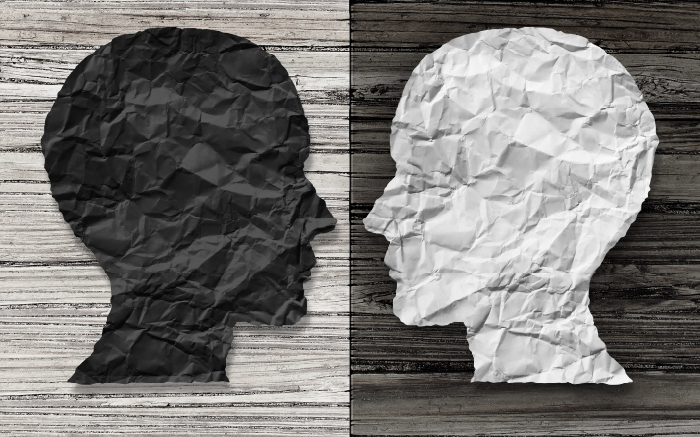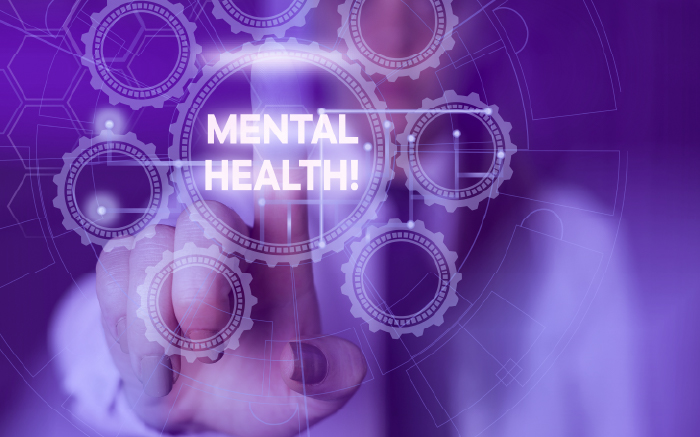In the realm of mental health, few topics are as misunderstood and laden with stigma as bipolar disorder. Commonly misconceived as mere mood swings, bipolar disorder is a complex condition that challenges individuals’ lives, relationships, and health. This article endeavors to demystify this condition, exploring its nature, causes, symptoms, treatment options, and the ongoing debate about labeling it as a mental illness or a disorder.
Understanding Bipolar Disorder
Bipolar disorder, formerly known as manic-depressive illness, is a mental health condition characterized by extreme mood swings that include emotional highs (mania or hypomania) and lows (depression). These mood swings can affect sleep, energy levels, behavior, judgment, and the ability to think clearly. Episodes of mood swings may occur rarely or multiple times a year. While most individuals will experience some emotional symptoms between episodes, some may not experience any.
Mental Illness or Disorder? The Classification Debate
The terms “mental illness” and “disorder” are often used interchangeably in the discussion of bipolar disorder, yet they carry different connotations. A “mental illness” broadly refers to a wide range of mental health conditions — disorders that affect mood, thinking, and behavior. A “disorder” is a specific diagnosis intended to communicate a structural and functional disruption that leads to the symptoms experienced by the individual. The debate over terminology reflects broader conversations about stigma, understanding, and approaches to treatment in mental health.
Symptoms and Types
Bipolar disorder is divided into several types, including Bipolar I, Bipolar II, and Cyclothymic Disorder, depending on the nature and severity of mood episodes. The most pronounced symptoms include:
- Manic episodes in Bipolar I: a week-long (or longer) period of abnormally and persistently elevated, expansive, or irritable mood and increased goal-directed activity or energy.
- Hypomanic episodes in Bipolar II: Similar to manic episodes but shorter, lasting at least four consecutive days, and not severe enough to cause major impairment in social or occupational functioning.
- Depressive episodes: periods of two weeks or more where the individual experiences a depressed mood or loss of interest or pleasure in most activities.
Causes and Risk Factors
The exact cause of bipolar disorder is unknown, but a combination of genetics, environment, and altered brain structure and chemistry may play roles. Risk factors include a family history of bipolar disorder or other psychological disorders, high-stress situations, or traumatic events.
Treatment and Management
Treatment for bipolar disorder is usually lifelong and often involves a combination of medications and psychotherapy. Medications can include mood stabilizers, antipsychotic medications, and sometimes antidepressants, depending on the individual’s specific needs. Psychotherapy, or “talk therapy,” aims to provide support, education, and guidance to individuals and their families.
Living with Bipolar Disorder
Living with bipolar disorder requires understanding, patience, and self-awareness. Individuals can lead fulfilling lives with proper treatment and support. Strategies for managing the condition include the following:
- Maintaining a routine for sleep and daily activities
- Monitoring mood changes and triggers
- Seeking support from friends, family, and support groups
- Staying informed about the disorder and treatment options
Societal Perception and the Path Forward
Society’s perception of bipolar disorder and mental health, in general, has evolved, yet stigma and misunderstanding persist. Education and awareness are crucial in changing perceptions, offering hope, and providing support to those affected by bipolar disorder. As we continue to advance in our understanding and treatment of mental health conditions, it is essential to approach them with empathy, open-mindedness, and respect for the complexities of human psychology.
Bipolar disorder is a significant mental health condition that impacts the lives of millions worldwide. By understanding its symptoms, causes, and treatment options, we can demystify this disorder and support those affected by it. The debate about classifying it as a mental illness or disorder highlights the need for a nuanced understanding of mental health. Regardless of terminology, the focus should remain on providing compassionate care and support, reducing stigma, and promoting a deeper understanding of bipolar disorder and mental health.






